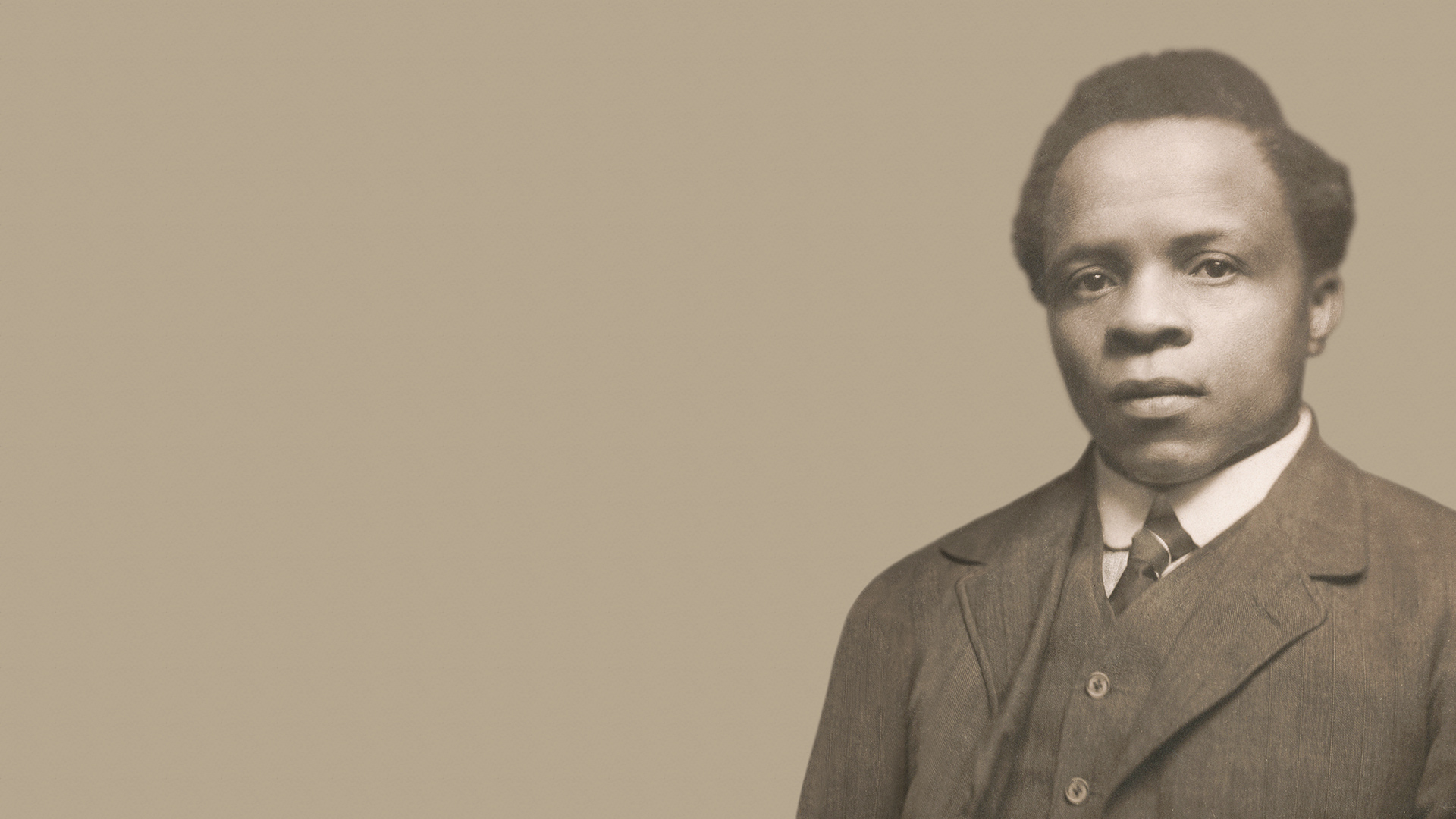The Africanisation debate
In carving out its transformative identity, Unisa continues to grapple with the question of how best to understand and pursue ‘Africanisation’. Some prioritise the identification of African intellectual leaders and feel that Unisa should attract, retain and connect with African academics from across the continent; others understand Africanisation as embracing the robust body of African intellectual thought across disciplines — philosophy, literature and history. Still others feel that Africanisation depends less on a set canon of African works than on exploring Africa’s Indigenous Knowledge Systems and the continent’s multilayered cultures and economies. It is possible, of course, that all of these perspectives can coexist comfortably, but the question of what to emphasise remains.
Beyond healthy intellectual debate, Africanisation is a practical exercise. It has involved attracting students from across the continent and laying continental bricks and mortar. Unisa’s campus in Addis Ababa, Ethiopia, opened in 2007 and today serves thousands of students, including a strong intake of doctoral candidates.
Whatever one’s perspective on Africanisation, the project is nothing if not dynamic — “a fundamental process of renewal, reinvention and rebirth”, in the words of the mission statement of Unisa’s Institute of African Renaissance Studies.
